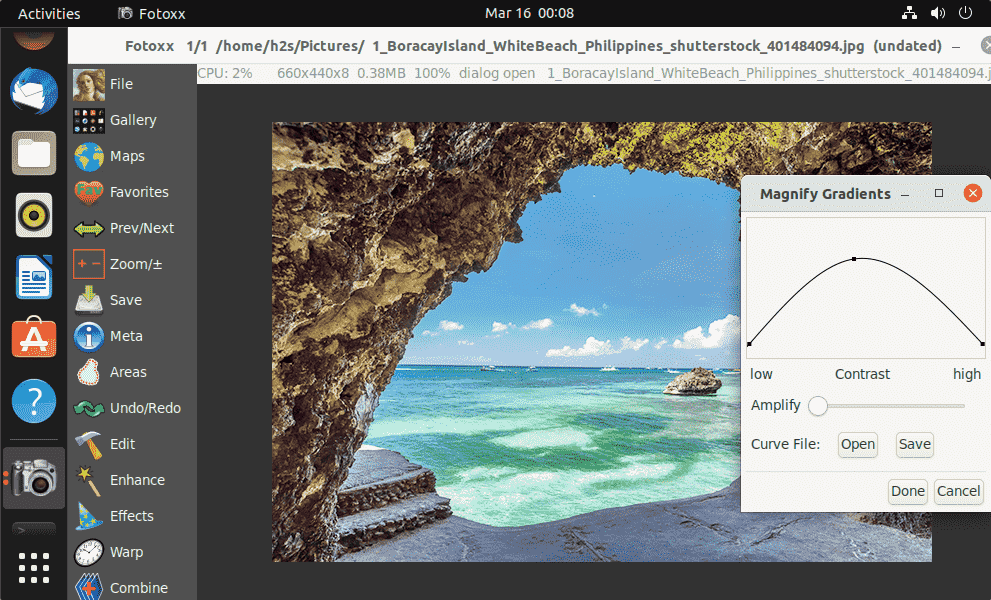Card skimming and card details theft is one such innovative attack that seldom fails. Recently, researchers uncovered another active campaign exploiting WordPress plugins running on e-commerce websites to steal customer card details.
In a recent blog post, Sucuri has shared details of an ongoing malicious campaign targeting online stores. As revealed, the hackers behind this campaign infect WordPress plugins running on e-commerce websites to steal customers’ card data.
The campaign caught Sucuri’s attention after a victim reached out to them for inspection upon receiving numerous customer complaints about “unauthorized activity” on their cards.
As elaborated, the malware didn’t precisely run as a script on the infected web page. Instead, the malware ran on the backend. Hence, upon inspecting logs, the researchers noticed that the malware mainly exploited a WordPress plugin running on the website.
Again, the malicious code seemed harmless. However, analyzing it thoroughly made the researchers realize the hidden malignancy. Describing how this malware distinguished itself from other skimmers, the post reads,
Most credit card skimmers that we come across are heavily encoded and use complicated obfuscation techniques and are usually fairly easy to spot once you see them. Not so in this case. All we see here is what appears to be normal plugin code referencing thumbnails and comments.
Technical details about the code are available in the researchers’ post.
Card skimming is one the most lucrative and stealth attack tactics from cybercriminals to make money. Plus, the rising innovations in developing sneaky skimming attacks have made it a favorite for most hackers, especially during the peak days of the year.
Given that holidays are around the corner, Sucuri warns all e-commerce store owners to stay vigilant about their sites’ security. Running regular scans is one of the most effective strategies to prevent such threats.
Abeerah has been a passionate blogger for several years with a particular interest towards science and technology. She is crazy to know everything about the latest tech developments. Knowing and writing about cybersecurity, hacking, and spying has always enchanted her. When she is not writing, what else can be a better pastime than web surfing and staying updated about the tech world! Reach out to me at: [email protected]
Enter your email address to subscribe to this blog
Join 47,932 other subscribers
latesthackingnews.com 2011 – 2021 All rights reserved
We use cookies to provide our services. By using our site, you consent to cookies.
privacy-policy
The __cfduid cookie is used to identify individual clients behind a shared IP address and apply security settings on a per-client basis.
cookie_notice_accepted and gdpr[allowed_cookies] are used to identify the choices made from the user regarding cookie consent.
For example, if a visitor is in a coffee shop where there may be several infected machines, but the specific visitor’s machine is trusted (for example, because they completed a challenge within your Challenge Passage period), the cookie allows Cloudflare to identify that client and not challenge them again. It does not correspond to any user ID in your web application, and does not store any personally identifiable information.
Cookies Used
DoubleClick by Google refers to the DoubleClick Digital Marketing platform which is a separate division within Google. This is Google’s most advanced advertising tools set, which includes five interconnected platform components.
DoubleClick Campaign Manager: the ad-serving platform, called an Ad Server, that delivers ads to your customers and measures all online advertising, even across screens and channels.
DoubleClick Bid Manager – the programmatic bidding platform for bidding on high-quality ad inventory from more than 47 ad marketplaces including Google Display Network.
DoubleClick Ad Exchange: the world’s largest ad marketplace for purchasing display, video, mobile, Search and even Facebook inventory.
DoubleClick Search: is more powerful than AdWords and used for purchasing search ads across Google, Yahoo, and Bing.
DoubleClick Creative Solutions: for designing, delivering and measuring rich media (video) ads, interactive and expandable ads.
Cookies Used
The _ga is asssociated with Google Universal Analytics – which is a significant update to Google’s more commonly used analytics service. This cookie is used to distinguish unique users by assigning a randomly generated number as a client identifier. It is included in each page request in a site and used to calculate visitor, session and campaign data for the sites analytics reports. By default it is set to expire after 2 years, although this is customisable by website owners.
The _gat global object is used to create and retrieve tracker objects, from which all other methods are invoked. Therefore the methods in this list should be run only off a tracker object created using the _gat global variable. All other methods should be called using the _gaq global object for asynchronous tracking.
_gid works as a user navigates between web pages, they can use the gtag.js tagging library to record information about the page the user has seen (for example, the page’s URL) in Google Analytics. The gtag.js tagging library uses HTTP Cookies to “remember” the user’s previous interactions with the web pages.
Cookies Used







